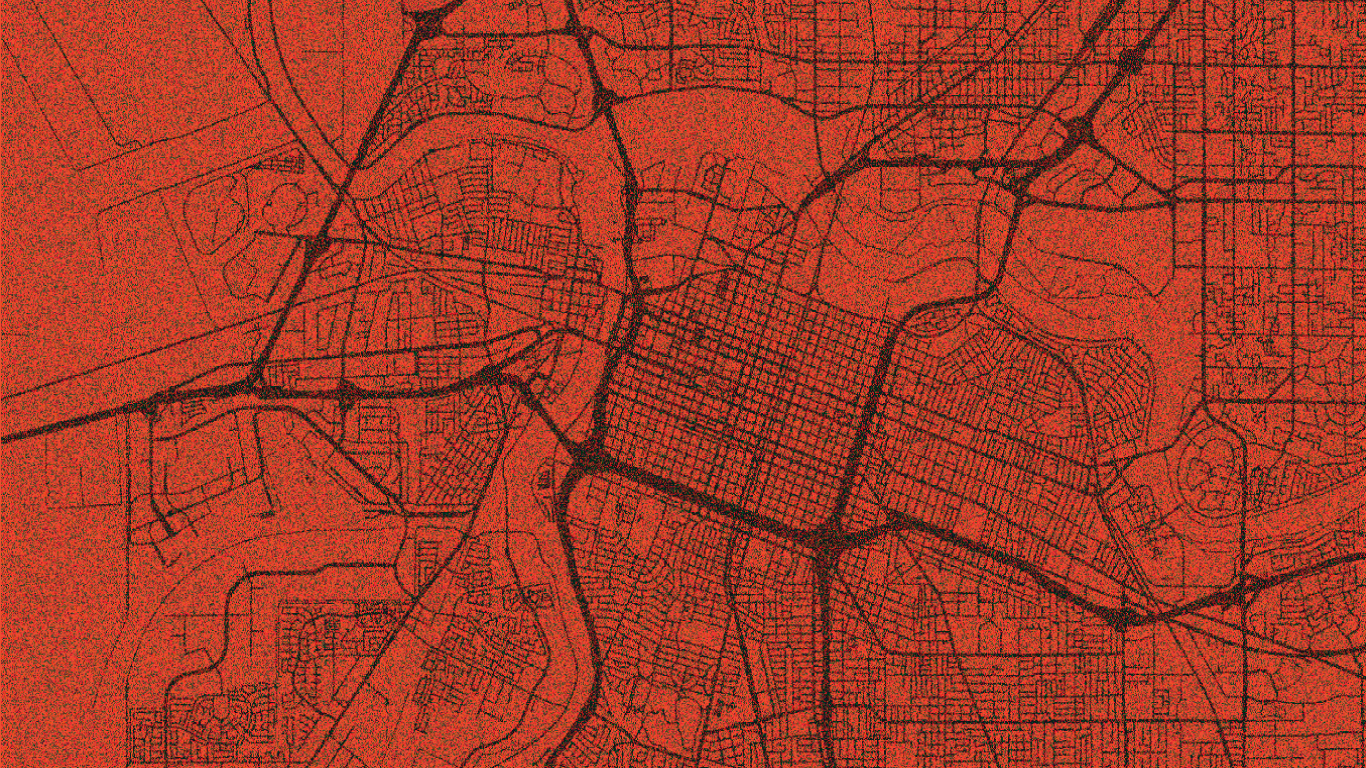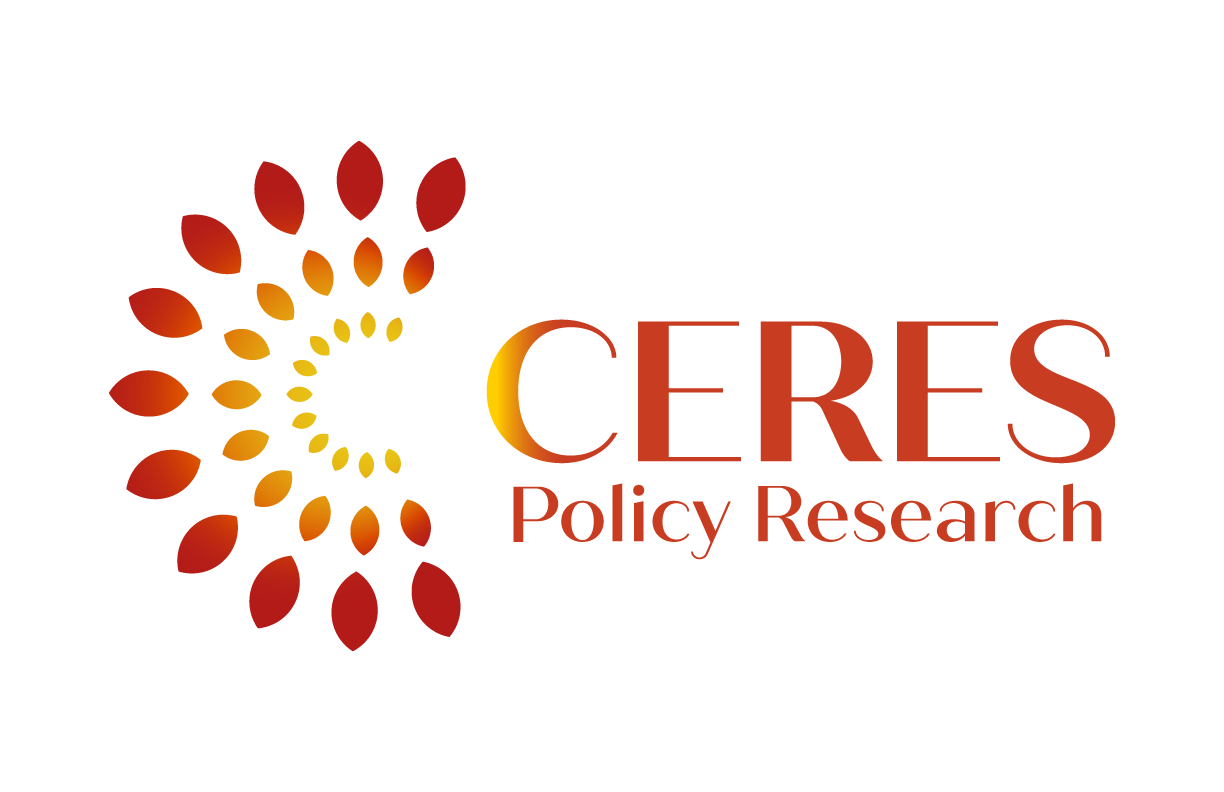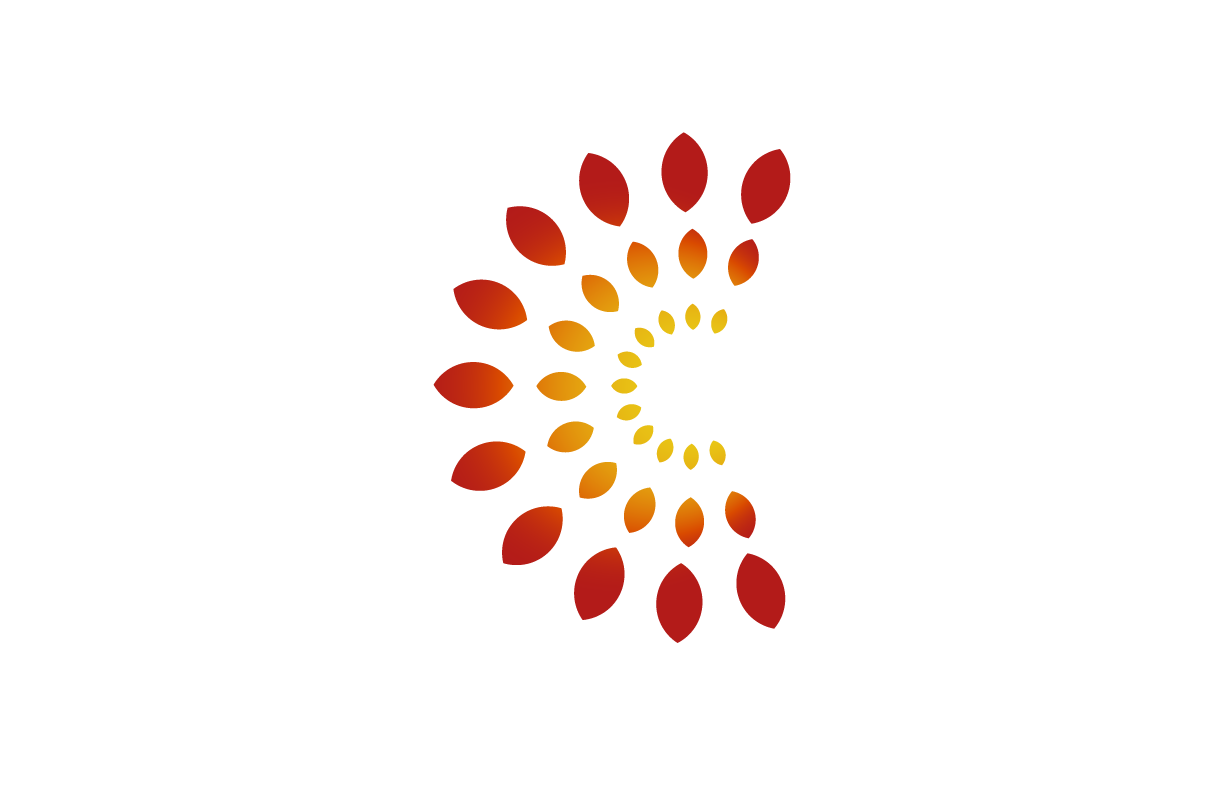
Program Evaluation Certificate Programs
Ceres has over twenty years of completing community research through program evaluations, community needs assessments, and impact assessments for funders. We have developed a certificate program that will simultaneously build participants’ research capacity while ending with a tangible report that can be shared with community members, elected officials, and boards.
By offering classes online and in-person near our office in Lisbon, Portugal, our classes are accessible to organizations around the world.
Program Overview
The Ceres Institute offers certificate programs in two different formats.
We are offering an intensive summer program from May to July each year that introduces organizations to program evaluation. This skill building certificate program will provide you with a system for identifying, tracking, and promoting your organization’s outcomes. This system will combine both quantitative and qualitative data collection instruments and strategies. This program will be taught using online classes and one week of in-person courses at the Ceres Institute in Portugal.
We are also offering two seven month programs that will run from September through March each year. One program will focus on quantitative data and the other will focus on qualitative data. These two longer programs will be run entirely online.
From our certificate programs, participants can expect
A list of your organization’s outcomes
Data collection instruments
Access to data analysis software
A plan for data collection within your organization over time
Checklists for how to complete data analysis after the classes end
Access to ongoing office hours after the classes end for help with future projects
A final written report and corresponding powerpoint
A dissemination plan for your findings
A certificate from the Ceres Institute
You can read the details for each program below.
-
This certificate program will introduce participants to community-based outcomes and then develop a system for collecting and analyzing data for their own organization. The class will be taught in 8 four-hour sessions that will combine lectures with small-group work. These classes will be as follows:
Comparing colonial and post-colonial models of research
Identifying organizational outcomes
Developing intake, survey, and assessment questions to track organizational outcomes
Formatting quantitative instruments to gather higher quality data
Identifying data collection systems to collect and track your outcome measures
Using video blogs, journaling, interviews, and focus groups to collect stories about your organization over time.
Reviewing your list of organizational outcomes to develop the best prompts for collecting stories.
Three month follow up: Peer-to-peer discussion about the successes and challenges in collecting outcome data.
Deliverables
Participants will leave the class with the following:
32 hours of instruction
20 hours of individualized assignment review
8 hours of individualized coaching
A list of organizational outcomes that will be formatted as a theory of change, logic model, or easy to understand visual.
A plan for collecting intake, survey, and assessment data for your organization
A plan for collecting stories from your program participants
Access to follow-up office hours to work through ongoing challenges.
A certificate of completion of Ceres Institute.
Registration
This class is taught as an intensive certificate program from May to July each year. Introductory and follow-up classes will be taught online. There will be an intensive one-week in-person session in Portugal. For more information, click on the “Apply” button above. A faculty member will respond to set up a call to answer any questions you have and complete the application process.
-
This course will lead participants through the process of completing a program evaluation of their own organization using stories. The class will be taught in 12 four-hour sessions that will combine lectures with small-group work. These classes will be as follows:
Comparing colonial and post-colonial models of research
Identifying organizational outcomes
Developing interview and focus group questions to track organization outcomes
Conducting outreach to collect data
Using community stories to shape public testimony
Cleaning and coding interview and focus group data
Starting to frame your argument
Analyzing your data using advanced statistics
Writing a compelling reports
Using sidebars with quotes to highlight findings
How to design and format your report so that people read it.
Presenting and Disseminating Reports
Deliverables
Participants will leave the class with the following:
48 hours of instruction
24 hours of assignment review
12 hours of coaching
A list of organizational outcomes that will be formatted as a theory of change, logic model, or easy to understand visual.
A handbook on how to collect and analyze focus group and interview data.
A compelling formatted final report on their findings that they can disseminate to funders and policy makers.
Access to ongoing coaching to review skill development.
A certificate from Ceres Institute.
Registration
This class is taught as an online seven-month class from September through March each year. You can learn more about the application process by clicking the “Apply” button above. A faculty member will respond and set up a call to answer questions and begin the application process.
-
This course will lead participants through the process of completing a program evaluation of their own organization using advanced statistics. The class will be taught in 12 four-hour sessions that will combine lectures with small-group work. These classes will be as follows:
Comparing colonial and post-colonial models of research
Identifying organizational outcomes
Developing survey questions to track organizational outcomes
Formatting surveys to gather higher quality data
Conducting outreach to collect data
Introduction to statistical significance, t-tests, analysis of variance, and relative rate indices.
Cleaning Data
Analyzing your data using advanced statistics
Writing Compelling Reports
How to use graphs and other visuals to support your argument
How to design and format your report so that people read it.
Presenting and Disseminating Reports
Deliverables
Participants will leave the class with the following:
48 hours of instruction
24 hours of assignment review
12 hours of coaching
A list of organizational outcomes that will be formatted as a theory of change, logic model, or easy to understand visual.
A handbook on how to collect and analyze survey and system data.
A compelling formatted final report on their findings that they can disseminate to funders and policy makers.
Access to ongoing coaching to review skill development.
A certificate from Ceres Institute.
Registration
This class is taught as an online seven-month class from September through March each year. You can learn more about the application process by clicking on the “Apply” button above. A faculty member will respond and offer a phone appointment so that we can answer your questions and begin the application process.

